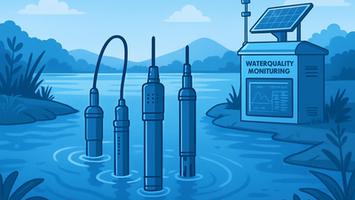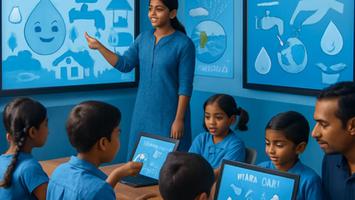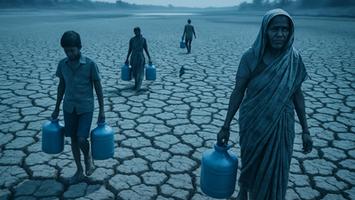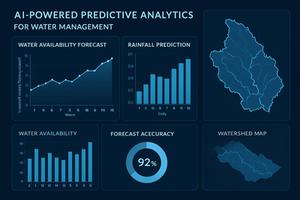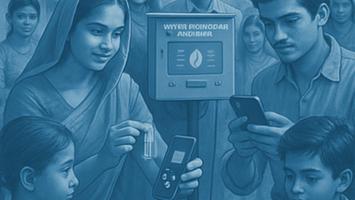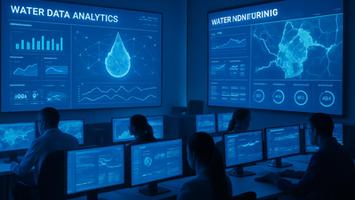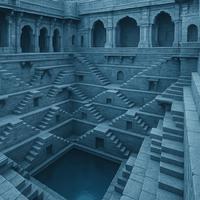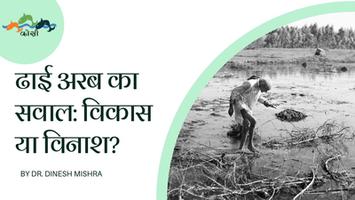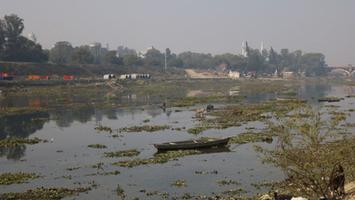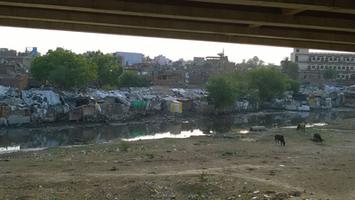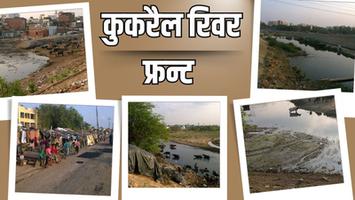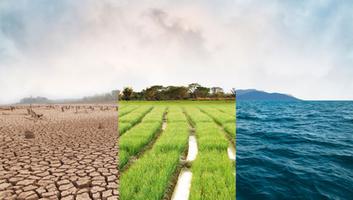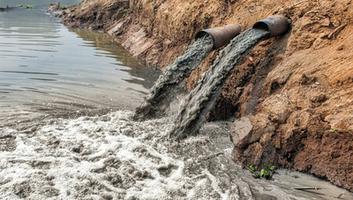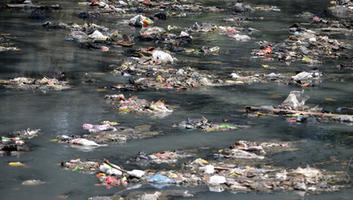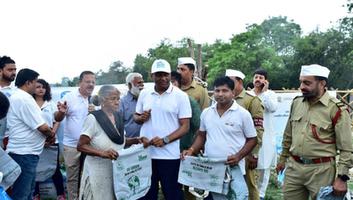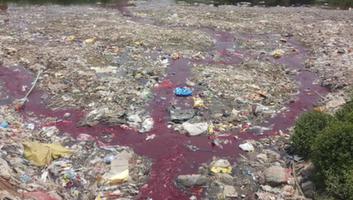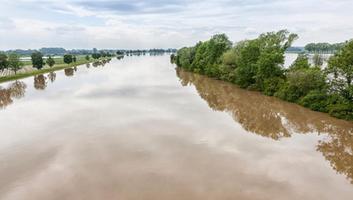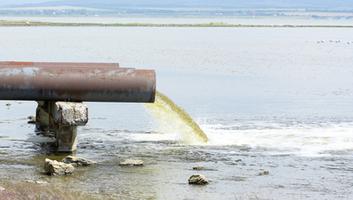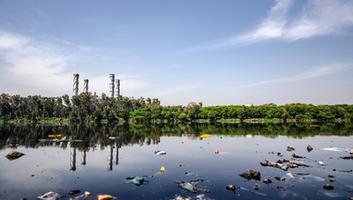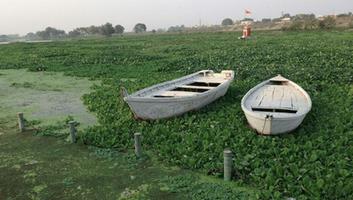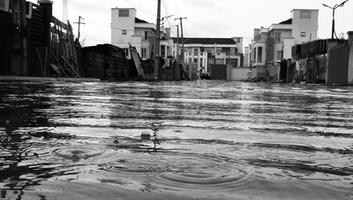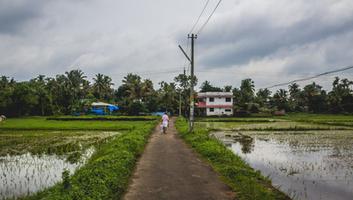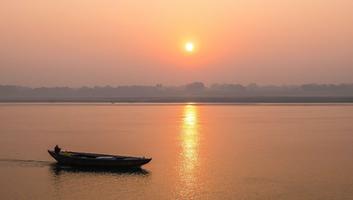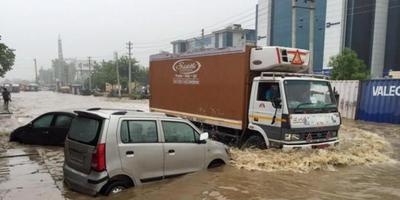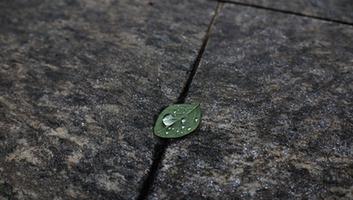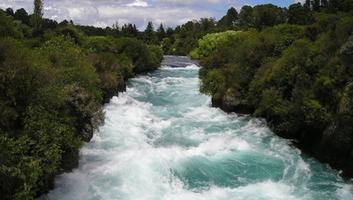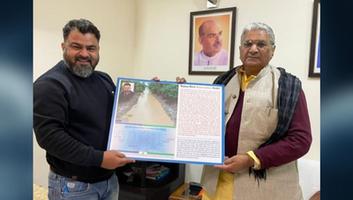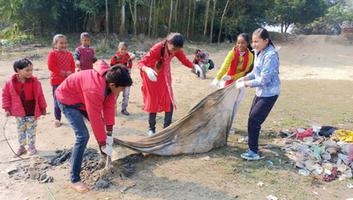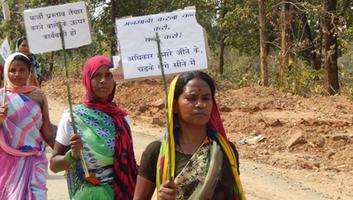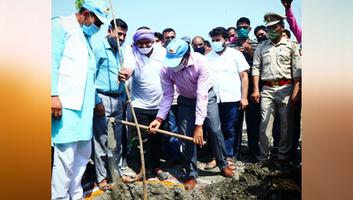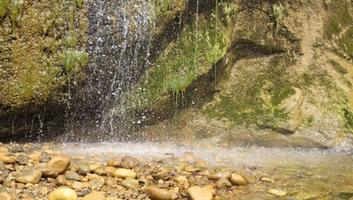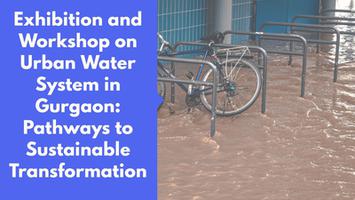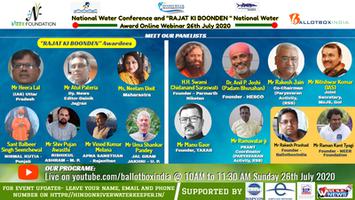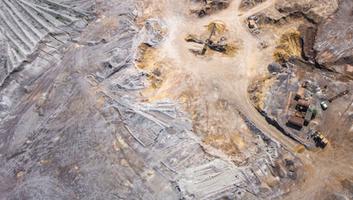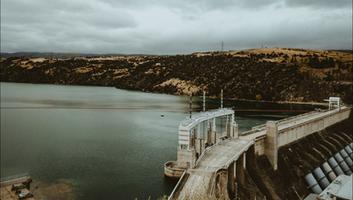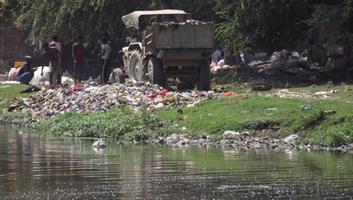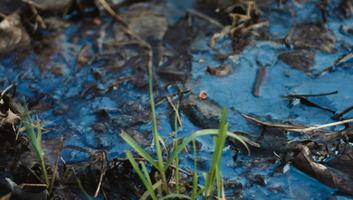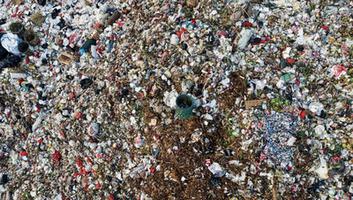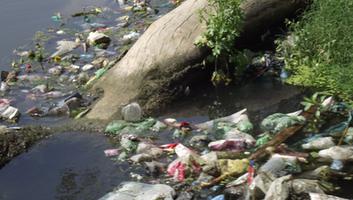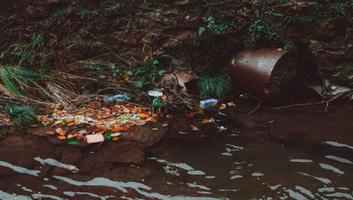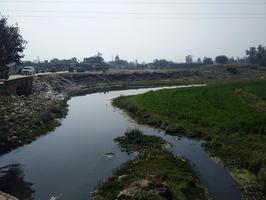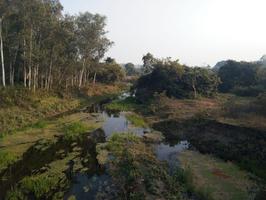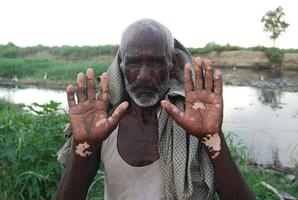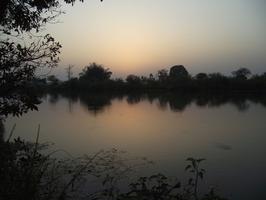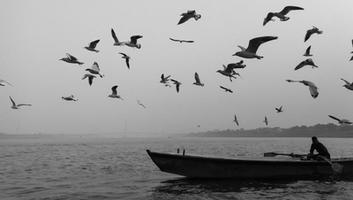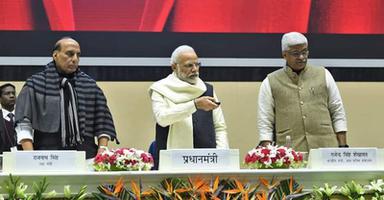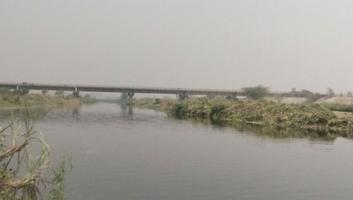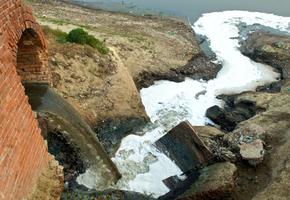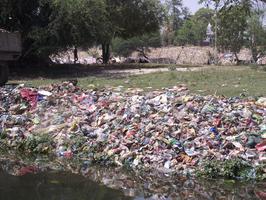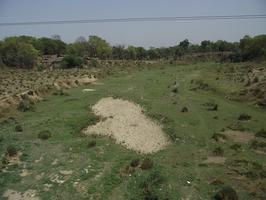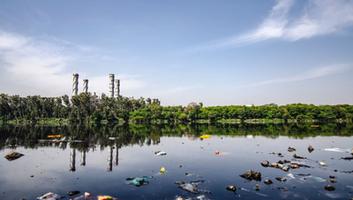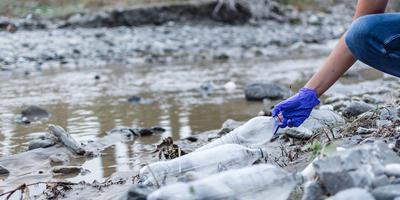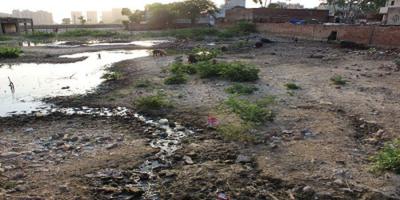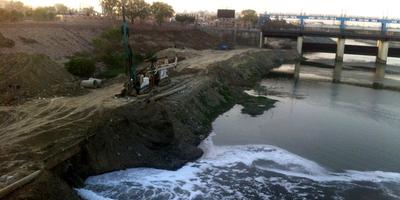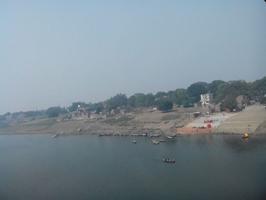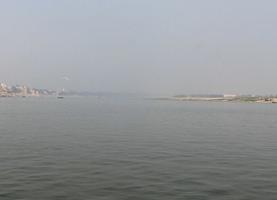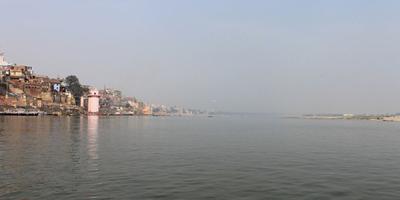Exhibition and Workshop on Urban Water System in Gurgaon: Pathways to Sustainable Transformation
- By
- Pani ki Kahani
- September-17-2020
As we all knows that big cities change rapidly, people moving into them can struggle for access to basic services like clean water and sanitation. One such city is Gurgaon, a secondary city that’s experienced rapid urban transition over the last two decades. To the southwest end of Delhi in the national capital region (NCR) of India, Gurgaon has seen a rapidly-growing influx of working-class and middle-class migrants.
Over the decades, the unsustainable growth and development have exacerbated Gurgaon’s water problems. The city’s urban and peri-urban areas rely on diminishing supplies of groundwater; access to sanitation is unequal, and water in poorer areas is polluted. Working-class migrants to Gurgaon have to struggle with the failures of the urban water system on an everyday basis.
To tackle these water related problems, Jawaharlal Nehru University's TRCSS (Trans disciplinary Research Cluster on Sustainability Studies) has set up India's first T-Lab (Transformation Lab) in Gurugram. T-Labs are a highly-facilitated process, involving research, workshops and other forms of engagement. They’re designed to unblock complex, intractable problems and find alternate ecologically sound and socially just solutions.
The Gurugram Water Forum (GWF) was also established through the research and discussions in the T-Lab. GWF is a multi-stakeholder knowledge sharing platform that brings together several linked initiatives. A vast majority of these initiatives are focused on generating and sharing knowledge. To do this, they have aimed to bring together trade unions, resident welfare associations, women groups, environmentalists, urban planners, architects, engineers and citizens on a common platform.
GWF which is currently led by TRCSS, JNU works toward various water related issues like prevention of urban flooding, water logging issues, rainwater harvesting, protection and regeneration of water bodies, sanitation and drainage, access and use and treatment and reuse.
To discuss the water related progress and challenges, the GWF organized a two days exhibition and social forum in last September, 2018. The T2Lab Workshop and Exhibition on "Urban Water System in Gurugram : Pathways to Sustainable Transformation" was set up on 29-30 September, 2018 at Swatantrata Senani Zila Parishad Hall (John Hall); Civil Lines, Gurugram.
The first day of the exhibition i.e. Saturday, 29 September coordinated by Bikramaditya K. Chaudhary, TRCSS, JNU and chaired by Dinesh Abrol, TRCSS, JNU. The inaugural address was given by V. Umashankar, CEO, Gurugam Metropolitan Development Authority. On the first day M. D. Sinha, Addl. CEO, Gurugam Metropolitan Development Authority; R. N. Malik, Ex-Chief Engineer, Govt. of Haryana; Rajvir Singh, Ex-Chief Town Planner, Govt. of Haryana; Chandan Ghosh, Head, Geo-Hazard Division, National Institute of Disaster Management and Venkatesh Dutta, Baba Bhimrao Ambedkar University shared their thoughts on the topic "Urban Planning and Water System in Gurgaon". S. Janakarajan, Madras Institute of Development Studies was involved in the discussion.
After the inauguration of the Exhibition, the discussion was held on "Sustainable Technological Solutions for Urban Water Management". Chaired by V. Koundanya, Former Exec Director WAPCOS and Gauhar Mehmood, HOD, Dept. of Civil Engineering, Jamia Milia Islamia, the speakers who attended the discussion were Malini Balakrishnan, The Energy and Resources Institute; Satyendra Kumar, Saurya Enertech; Pramod Kumar, Development Alternatives; D. K. Chadha, Central Ground Water Board (tbc); Lalit Mohan Sharma, S. M. Sehgal Foundation; Shriram Hegde, Padma Vasudevan and P. K. Sen, IIT Delhi.
D. Raghunandan, Centre for Technology and Development was there as the discussant.
In evening, discussion was held on the topic of "Urban Design and Water" in coordination of Kanishka Prasad, Architect, Nu Design Daftar and programme was chaired by Suptendu Biswas, Architect, Urban Designer & Planner. Speakers who took part in this conversation were Arunava Dasgupta, HOD, Urban Design, School of Planning and Architecture (tbc); Tapan Chakravarty, Urban Designer, Educator; Rajbir Singh, Consultant, Gurugam Metropolitan Development Authority; Prabh Bedi, Program Head (Planning), SSAA, Ansal University; Ajith Kaliyath, Program Head (M. Plan), SSAA, Ansal University; Parul G Munjal, Program Head (M. Arch Built Heritage), SSAA, Ansal University; R S Rathi, Gurgaon Citizens Council and Latika Thukral (I am Gurgaon).
Discussants presented at the moment were Nidhi Dandona,Programme Head (Urban Design), SSAA, Ansal University; Juhi Malpani, Architect & Urban Designer and Vertika Chaturvedi from Nu Design Daftar.
The work-in-progress of Gurugram Water Forum was discussed on the second day of the exhibition i.e. on 30th September, 2018 (Sunday). The program was chaired by Pranav N. Desai, TRCSS, JNU and moderated by Ramesh Sheoran, Former Superintendent Engineer, DDA & Convenor, GWF. In this discussion, Vivek Kalia, Joint Commissioner-II, Municipal Corporation of Gurugram made an appearance as the key speaker. The brief details of the presentations made by the GWF team are as follows :-
1.) Introduction to the Gurgaon Water Forum (GWF) – Dinesh Abrol, TRCSS, JNU
2.) GWF Work-in-progress – Pravin Kushwaha, TRCSS, JNU
3.) Co-designing interventions in Gurgaon – Bikramaditya K. Choudhary, TRCSS, JNU
4.) Mapping the mistakes in planning and governance – Khushpal Dahiya, President, Society for Geo-informatics and Sustainable Development
5.) Co-producing Knowledge in Gurgaon – Prachi Jha and Pravin Kushwaha, TRCSS, JNU
6.) Community Mobilisation – Arti Jaiman and Pravin Kumar, Gurgaon Ki Awaaz & The Restoring Force; Rajender Singh Saroha, Construction Workers’ Organisation
7.) Waste Water Recycling Solutions - D. Raghunandan and Kalpana Arora, Centre for Technology and Development
8.) Science Club in Schools – Aditi Roy, Gurgaon Water Forum
9.) Waterlogging in Old Gurgaon: Researching causes, effects and solutions - Prachi Jhamb, TERI University
The discussants were Rajeswari Raina, Shiv Nadar University and Shravan Acharya, Centre for the Study of Regional Development, JNU in this talk.
The next session was based on detailed deliberations and constructive feedback by all the invited participants of the workshop on the vision and strategy of the GWF. For this, the workshop participants were needed to interact with the GWF team members in the three separate groups. The three main issues discussed in group discussions were...
1. Challenges of rapid urbanisation for water system in Gurgaon: Professionals’ view – Bikramaditya K. Choudhary, Ramesh Sheoran, Subhara Puri and Vertika Chaturvedi.
2. RWA mobilisation on issues of urban water management – Khushpal Dahiya, Pravin Kushwaha and Aditi Roy.
3. Community mobilisation & engagement with public administration – Dinesh Abrol, Rejender Singh Saroha, Pravin Kumar and Ramchander.
At the ending point, the GWF team presented a brief summary of the workshop outcomes, in which the Valedictory address was given by Gurugram division commissioner D.Suresh. The vote of thanks proposed by Bikramaditya K. Choudhary, Project Director.

